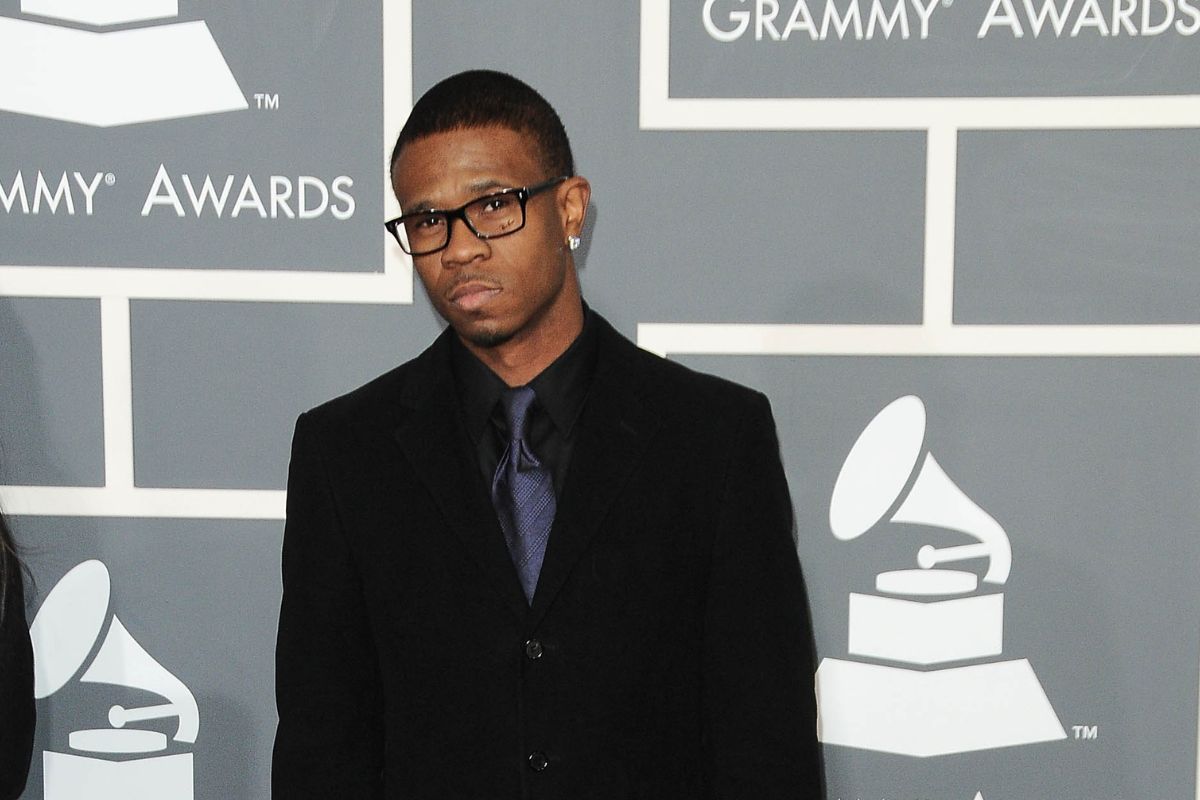One of the things that Hip-Hop does is create viable lanes for Black and Brown people to access the American dream without engaging in illegal activities. Numerous rappers and executives have been able to transform their lives through the culture and are now sitting at the table across from some of the world’s biggest corporate entities.
They get to sit there cause Hip-Hop is big money.
But despite the billions of dollars corporations use Hip-Hop and rap music in their ads and campaign ideation, the white-collar businesses often don’t respect those influencers making them hot.
Chamillionaire, who has recently partnered with CarMax on a new month-long return program, believes deals like these will inspire others to step into their own greatness.
When talking about his deal with business and money bible Forbes, he spoke about the agency it gives his community, “[The partnership with CarMax] is an example of the power of Hip-Hop because a lot of people in our community have to climb up from the bottom.”
“Every time we see one of our own having success,” he continues. “It inspires and motivates all the others that look up to us.”
But he also put on blast companies that will use the music created by these mostly Black artists but will not engage them in endorsement or investment deals. He says this also extends to other Black content creators on social media platforms.
He said, “I believe rap has always had a tight grip on the minds of young people, but now social media amplifies things so much that you can’t miss its impact. I think it’s harder for companies to ignore the power and reach of the Black community and Hip Hop.”
“The trending topics on Twitter, the viral moments on TikTok, and all the slang we see being used daily show the genre’s reach and power,” the D.C. native explained. “I remember the days when they were trying to ban Snoop Dogg’s music, and now you see him in multiple TV commercials every day.”
“Companies are in the business of giving consumers what they want, and the best companies know how to find creative ways to present their offerings,” he said.
The “Ridin’” artist said he also understands why artists and content creators are slow to work with corporations, saying, “As an artist, you always want to make sure you are doing things that are true to your values. We all know what the song “Ridin'” symbolizes, but we can’t ignore the impact that all of the viral content and internet memes have had on the life of the song.”
That’s why he believes his deal with CarMax is special.
The partnership between the artist and the company came out of another business exchange. The company licensed his song “Ridin’” for a commercial. But after talking with executives, there seemed to be a more expansive opportunity.
“I have seen a lot of the great content CarMax released with athletes like Steph Curry and Candace Parker, so it was really about trying to figure out how Ridin’ would fit into a campaign,” Chamillionaire told Forbes. “They told me they wanted me to physically appear in the commercial [and] I felt it was something worthy enough for me to participate in.”
He also believes the collaboration makes sense, stating, “It’s the perfect song to play when you’re riding around in your car, so a CarMax commercial made sense.”
In addition to this commercial, Chamillionaire will help CarMax commemorate its 30-Day Money Back Guarantee, where customers have 30 days and up to 1,500 miles, to decide if they want to keep their new whip based on how it has been incorporated in their lives and budget. If they don’t, they can return the car for a full refund.

